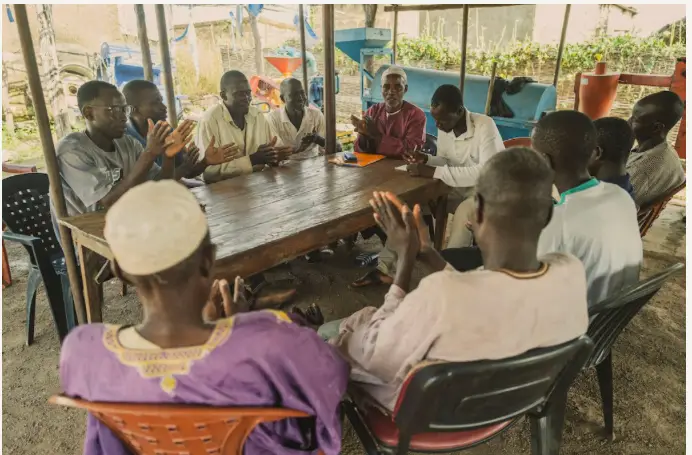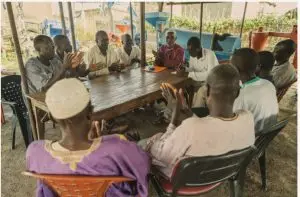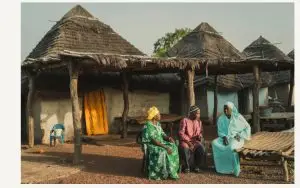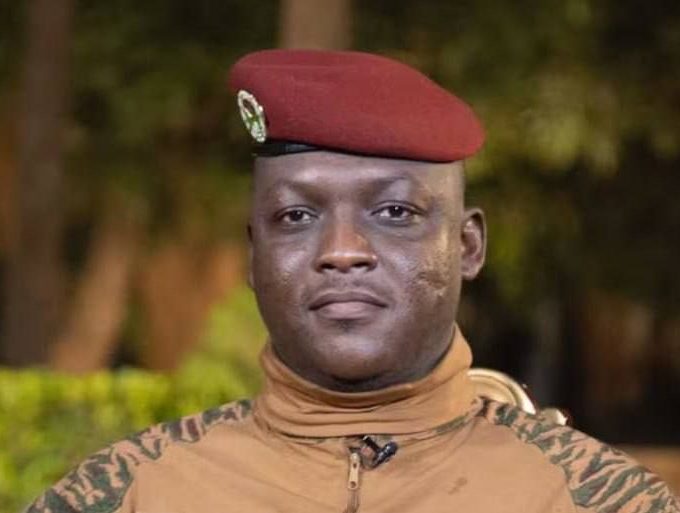
Senegalese Fathers Lead the Fight Against Female Genital Mutilation as the World Observes International Day of Zero Tolerance for FGM

As the world marks the International Day of Zero Tolerance for Female Genital Mutilation (FGM), a quiet but radical revolution is taking place in the remote villages of southeastern Senegal. Once a deeply rooted cultural practice, FGM is now being actively resisted—not by global organisations or external advocacy groups, but by the men of these communities themselves.
In three villages near the borders of Mali and Guinea, fathers, husbands, and religious leaders have become the driving force behind a cultural shift ending the centuries-old practice. This transformation is primarily attributed to local initiatives promoting education, health, and gender equality.
My dad was the one who told me not to accept FGM,” says 16-year-old Fatou. “He also said that if I ever see or hear of a girl in my community being cut, I should come and tell him, so we can file a complaint against the person and report them to the gendarmerie.”


Such statements would have been unthinkable in past generations. FGM, often seen as a rite of passage, was traditionally celebrated with village festivities where newly cut girls were given soap, money, and clothes.
Traditional cutters, known locally as bardiéli in Pulaar and numou nusso in Diakhanké, played a crucial role in these ceremonies. However, they find themselves out of work today as the practice loses social acceptance.
This shift is significant in a country where, according to the United Nations, nearly a quarter of women and girls have undergone FGM.
However, Senegal has been making strides toward eradication, with grassroots efforts such as the Fathers’ Schools playing a crucial role. These community groups encourage open discussions on harmful traditions, emphasise the importance of education for girls, and empower men to take a stand against practices that endanger the health and rights of women and children.
The impact is evident: FGM has largely disappeared from these villages, and in its place is a growing enthusiasm for girls’ education. Parents and grandparents who once upheld the practice are convinced that some traditions no longer belong in modern society.
“At the time, I also thought it was normal for a girl to be cut; it had to be done. If the girls were 10 years old, we informed the village that such a day would be FGM day, and it was celebrated. It was a shame for the girl if it wasn’t done.”
In total, there are 311 members of the Fathers’ School who, through their activities, have reached more than 20,000 people in the Kédougou region of Senegal.
Nathalie Coly, Coordinator of the GirlEngage Senegal project in Senegal, says: “The Fathers’ School is a framework for fathers’ engagement with and for their daughters. It’s a space for discussion, decision-making, and action in promoting the rights of young girls and encouraging behavioural change among fathers and guardians at the community level regarding gender-based violence, especially child marriage and female genital mutilation.
Huguette Sossouhounto, Plan International’s Head of Programming and Influencing in Senegal, adds: “Through the Fathers’ School, family fathers, including influential community figures such as community leaders – neighbourhood or village chiefs, imams, etc – have advocated in their neighbourhoods or villages, to powerful effect.”
Fathers gather in a non-formal setting, explains Coly, to teach their peers about behaviour within households, protecting their daughters from forms of violence, the importance of keeping girls in school, the harmful effects of child marriage, and female genital mutilation.
“These teachings or awareness sessions are conducted through discussions and home visits to families,” she adds, “focused on families, communities, or areas where the aforementioned practices prevail.
Read More:
- FG Renames UniAbuja as Yakubu Gowon University, Replaces Governing Councils of Federal Universities
- FG to Scrap JSS, SSS and Introduce 12-Year Basic School System Amid Pressing Issues
About The Author
Related Articles
Night Gunfire Near Presidential Palace Sparks Tension in Ouagadougou
Gunshots were heard late on the night of February 28 into March...
ByWest Africa WeeklyMarch 3, 2026Uganda to Start Domestic Gold Purchasing Programme to Boost Reserves
Uganda’s central bank has announced plans to launch a domestic gold buying...
ByWest Africa WeeklyMarch 3, 2026Ghana’s Cedi Expected to End 2026 Around GH¢12.85 to the Dollar
The Ghanaian cedi is projected to hold relatively steady against the United...
ByWest Africa WeeklyMarch 3, 2026Malian Prime Minister Presents 2025 Government Report, Pledges Stability and Reform
Mali’s Prime Minister, Major General Abdoulaye Maïga, has presented the government’s 2025...
ByWest Africa WeeklyMarch 2, 2026












Leave a comment